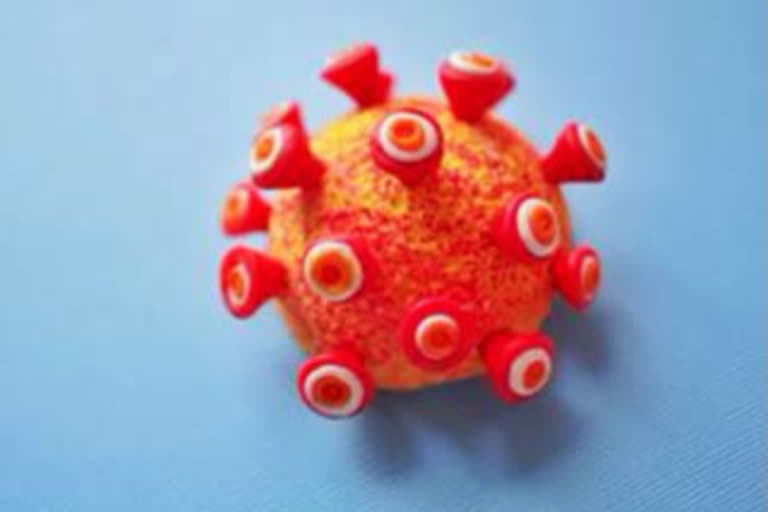New Delhi: While everyone braces over the estimation of the third wave, Dr Anurag Agrawal, director of the Institute of Genomics and Integrative Biology (IGIB), said that the transmission of the Delta variant which led to second wave is not over yet.
"It (Delta) is actively continuing where vulnerable population exists especially in Kerala, Mizoram etc. Even elsewhere, low-level transmission is seen," Dr Agrawal said. Dr Agarwal made the statement while the country has been witnessing a sharp decline in Covid cases. Health Ministry had cautioned people to adhere to Covid appropriate behaviour during the upcoming festive season.
"We should continue to maintain precautions during the festive season, especially when it comes to a large gathering," said Dr Agrawal. The latest weekly bulletin of Indian SARS-CoV-2 Genomics Consortium (INSACOG) also stated that Delta continues to be the main Variant of Concern (VOC) in India.
"No new VOC or Variant Of Interest are noted in India. Recent relative expansion of AY.4 lineage, compared to B.1.617.2, in INSACOG data should be seen in the light of global evidence regarding no substantial difference between Delta lineages so far, as well as known technical issues in Pango AY.x classification system. However, this matter continues to be monitored and correlated clinically," INSACOG said.
The Pango nomenclature is a popular system for classifying and naming genetically distinct lineages of SARS-CoV-2, including variants of concern. It is based on the analysis of complete or near-complete virus genomes. The INSACOG said that there is no change in the global scenario as well. "Delta, including B.1.617.2 (AY) and AY.x sublineages, continues to be the main VOC globally. Based on Pango classification, AY.4 lineage is most frequently seen globally, with highest levels in UK," INSACOG said.
Commenting on the situation, Dr Tamorish Kole, president of Asian Society of Emergency Medicine, said while most parts of the country have been reporting low number of cases, states like Mizoram and districts like (Ahmednagar (Maharastra) are causes of concern due to the uptrend of infection. At least 86 per cent of all new infections have been reported in five states including Kerala, Maharashtra, Tamil Nadu, Andhra Pradesh and West Bengal.
"As we open up our society and the festive season is upcoming, we are entering a phase of critical choice. What we do today and how do we follow Covid appropriate behaviour is going to determine the spike of cases in case we encounter the third wave," said Dr Kole.
With less than 20,000 new Covid-19 cases reported in the last 24 hours, India's recovery rate now stands at 97.94 per cent. India's active caseload is 2,46,687 which is 0.73 per cent of the total cases.
Also read:WHO says number of new COVID19 cases fell last week
